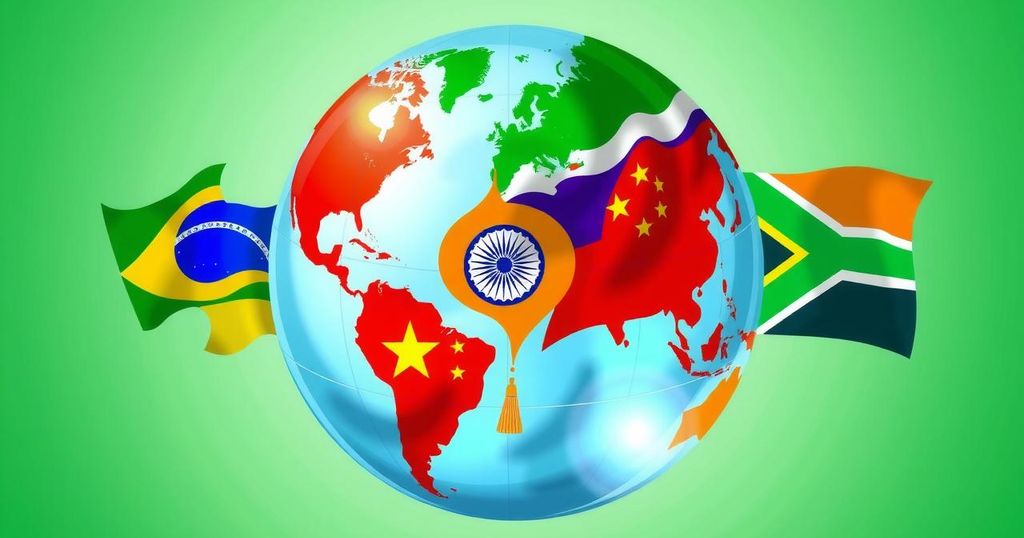- Xi Jinping will miss the upcoming BRICS summit for the first time in over ten years.
- The BRICS group includes Brazil, Russia, India, China, South Africa, and new members.
- Vladimir Putin will attend the summit via video link due to legal issues.
- Chinese Vice Premier Li Qiang will represent China at the summit.
- Discussions on energy ties and de-dollarization are high on the agenda.
Xi’s absence poses challenges for BRICS and China
As BRICS leaders assemble for a significant summit in Brazil this Sunday, a notable absence is turning heads—Chinese President Xi Jinping will skip the event for the first time in over a decade. This summit, which includes members from the original BRICS nations—Brazil, Russia, India, China, and South Africa—has now expanded to encompass new players like Egypt, Indonesia, and Iran. Analysts point out that Xi’s absence comes at a crucial time; the coalition faces various challenges, including impending US tariffs and the pressures of a shifting global economy. All eyes are now on the remaining leaders to see how effectively they can present a united front when China’s leading figure is missing.
Notable absences and shifting dynamics in BRICS
While this summit is pivotal, Xi is not the only one who won’t be there. Russian President Vladimir Putin will also participate only via video link, given the legal troubles he faces that prevent him from traveling freely, particularly in Brazil. The absence of both leaders shifts the spotlight to other prominent personalities, notably Indian Prime Minister Narendra Modi, who will be attending the summit in person. With discussions expected to touch upon key topics like energy relations and currency de-dollarization, observers are arguing that the effectiveness of BRICS could hinge more than ever on the faltering claims of unity amidst such high-profile absences.
China’s objectives in the face of global scrutiny
China remains engaged with BRICS despite Xi’s absence, as Vice Premier Li Qiang takes on the responsibilities at this important gathering. He aims to reinforce economic ties especially regarding energy with oil-exporting members of the group and promote using China’s digital currency for trade—a strategy increasingly relevant as BRICS aims for a more multipolar world. However, the group’s effectiveness is frequently recognized as diminished by contrasting political climates and economic ambitions among its members. The US will definitely be observing how BRICS navigates its objectives, particularly the increasingly popular agenda of moving away from the US dollar in favor of national currencies, a topic that continues to be contentious and significant.
Xi’s absence at the BRICS summit highlights significant dynamics within the coalition of emerging economies. With both China and Russia unable to attend alongside key players, the ability of BRICS to present a unified front is severely tested. Yet, even without their leaders, the remaining attendees will need to establish a cohesive direction amid their varying political and economic situations, particularly as discussions on currency de-dollarization rise in prominence.






